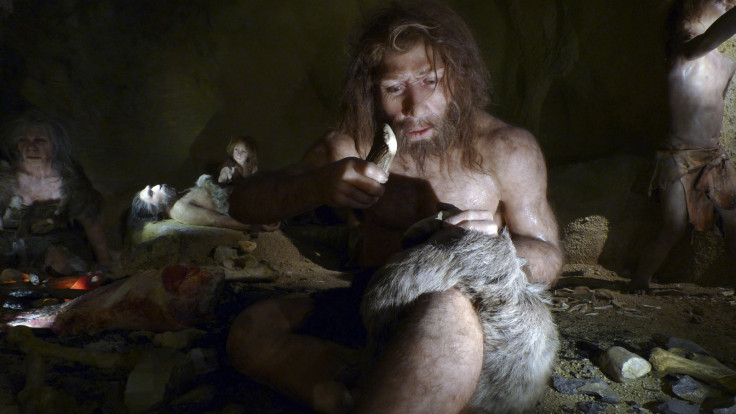Human Excrement Over 14,300 Years Old Found in Oregon is 'Earliest Human DNA'
DNA from dried human excrement recovered from Oregon's Paisley Caves is the oldest found in Americas

DNA from dried human excrement recovered from Oregon's Paisley Caves is the oldest found in the New World, dating to 14,300 years ago.
University of Oregon archaeologist Dennis Jenkins led excavations that turned up the fossilised human faeces – known as coprolites – that were radiocarbon dated, proving their age.
They are 1,000 years older than the stone points of the Clovis culture, which was previously believed to represent the first people in North America.
Jenkins says the site has provided significant new information about the timing and spread of the first settlers in the Americas.
"The Paisley Cave material represents, to the best of my knowledge, the oldest human DNA obtained from the Americas," said Eske Willerslev, director of the Centre for Ancient Genetics at Denmark's University of Copenhagen.
"Other pre-Clovis sites have been claimed, but no human DNA has been obtained, mostly because no human organic material had been recovered."
Who these ancient people were is not known, but Jenkins speculated on their possible origins. "We are not saying that these people were of a particular ethnic group. At this point, we know they most likely came from Siberia or Eastern Asia, and we know something about what they were eating, which is something we can learn from coprolites.
"All six coprolites containing ancient DNA underwent additional testing at two independent labs. Three of the six also contained DNA similar to red fox, coyote or wolf," said Jenkins.
The researchers suggest that these early Americans ate the animals or that the animals urinated on the human faeces during times of non-human habitation.
During the two summers of fieldwork, Jenkins, colleagues and students, working in four of the caves, retrieved manufactured threads of sinew and plant fibres, hide, basketry, cordage, rope, wooden pegs, animal bones, two forms of projectile point fragments and diverse kinds of faeces.
© Copyright IBTimes 2025. All rights reserved.





















